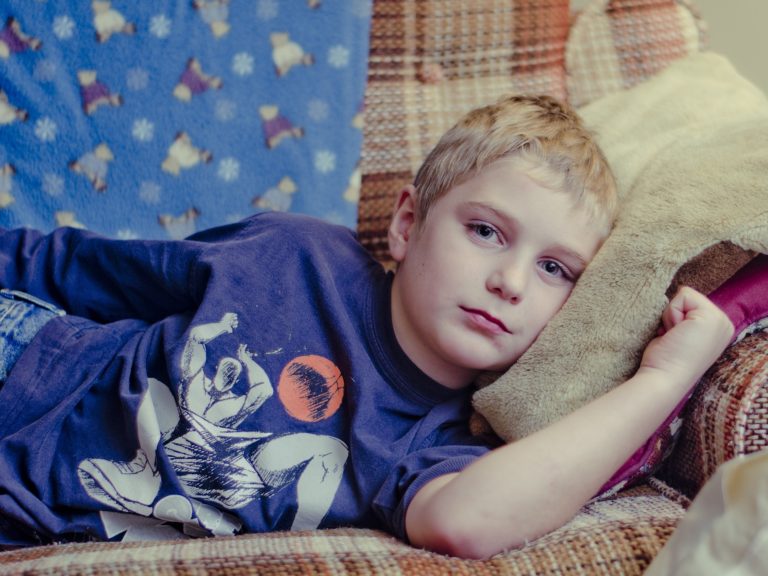Insights on Child Psychology: The Impact of School Refusal
August 15, 2017
By Seed Psychology in Anxiety, Resources, Teenagers

As we head into the second half of the year and with exams on the horizon, an issue that can affect a number of young people is school refusal. School refusal involves an inability for a child to attend or remain at school due to emotional distress. It can be distinguished from truancy by the fact that students often feel anxiety or fear towards attending school.
School refusal affects 1-8% of students with research suggesting it can lead to severe negative outcomes. These include issues with academic achievement, missing important school-related developmental experiences, poor peer relationships and issues with employment. School refusal can also have large impacts on a family and the morning before school can become dreaded.
Research has shown that catching school refusal early is vital in successful treatment. The longer a child stays away from school the harder it is for them to successfully return. Early signs of issues with school refusal include complaints of stomache ache or headache in the morning before school, lateness, absences on particular days involving assessments or oral presentations, conflict with peers or teachers, academic difficulties and separation anxiety.
Treatment for school refusal often takes a CBT (Cognitive Behavioural Therapy) approach in which students develop an understanding of their anxiety related to refusal and learn skills to cope with their anxiety. School refusal can often be multifaceted and thus treatment also often involves working with the school, parents and family members to help a young person to return.
Resources: Kearney & Bensaheb, 2006; Pina et al., 2009; Dr McKay-Brown – pursuit.unimelb.edu.au
By Dr Alex Potter, Clinical Psychologist at Seed Psychology
Dr Potter is skilled at working with children and adolescents and is currently open for bookings. (03) 9388 8113




